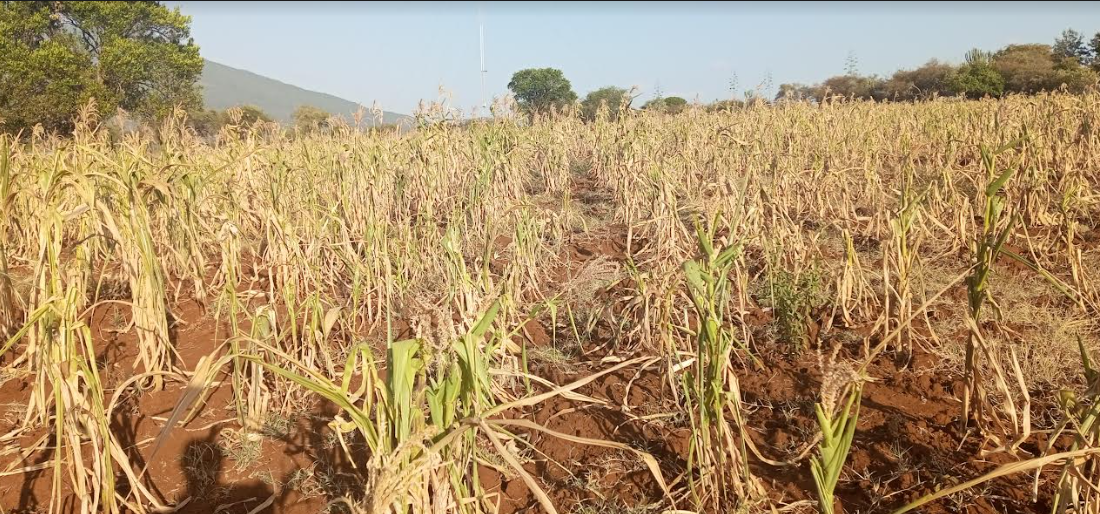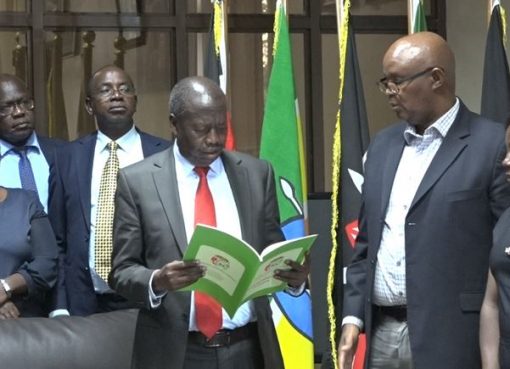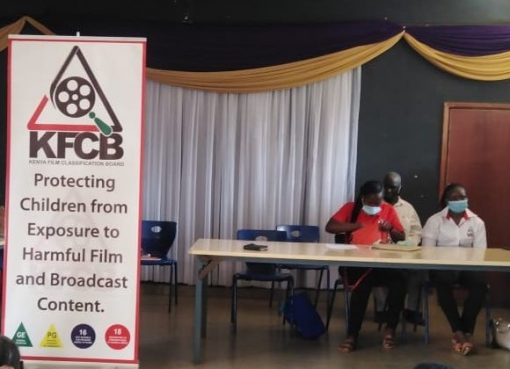Thousands of residents in North Pokot Sub County and other pastoral zones in West Pokot County are staring at drought and food insecurity following failed rains that led to a poor harvest last season.
Spot checks in the areas have revealed that farmers are counting losses after their crops withered and failed due to rain failure in the arable areas.
About 67,000 people in the semi-arid area risk starvation following the prolonged drought that has hit the area in the past three months.
West Pokot National Drought Management Authority coordinator Mike Kimithi said that the hunger situation in North Pokot Sub County and other pastoral zones was in the alert stage and the entire county was in the normal stage.
“There is near-total crop failure in North Pokot Sub County,” he confirmed.
He cited 10 per cent of the population as having a food deficit with 67,000 people in the county facing acute food shortage.
Kimithi said that the government has put in place strategies to increase relief food distribution in the county, targeting the most vulnerable.
Most farms under maize in Konyao, Orolwo, Kodich, Natemeri, Kalemeri, Kamla, Ombolion, Ombolion, Kasei,Turkwel, Kiwawa, Kodich,Alale, Kasei, Takaiywa,Chepkobhee ,Suam ,Kodich,Kiwawa, Turkwel, Chepkopegh, Nyangaita, Takaywa, Lorogon,Kasses,Konyao, Alale, Sarmach areas had shrivelled crops.
Although most rivers and streams were replenished following three weeks of heavy rains late last year, a long, hot, and dry season that followed dashed the hopes of farmers as crops were damaged.
Farmers, who mainly rely on rain-fed agriculture for subsistence agriculture, said they are facing starvation due to the total crop failure that was experienced in the region during the previous planting season after their maize and beans prematurely dried on their farms.
“We harvested nothing since all the maize we planted withered,” regretted Phillip Yator, a farmer from the Chepkobhe area.
He said his 5 acres of maize had been affected by the failed rains and appealed to the government to aid families through relief food supplies.
“I spent a lot of money on planting but got nothing because drought destroyed my maize, and this season is still going to be worse,” he lamented.
Jackson Yaramket from the Alale area observed that the grass in the area has dried, worrying that the animals have nothing to graze on.
“We have not received rain for a long period of time, and some people have been forced to migrate to other greener places such as Uganda with their animals in search of food, pastures, and water, with women and children being left behind,” said Yaramket.
“It is becoming hard for our children to go to school as we wasted our money on the crops. The government should move with speed to help us,” he explained.
Farmers said lack of sufficient rainfall and the scorching sun that was experienced between February and July have affected maize crops on most farms.
Kasei ward Member of County Assembly Francis Krop, who has fallen victim, expressed concern over the fate of farmers, stating that approximately 500 of them have been affected after over 10,000 acres of maize failed.
“The government should put measures in place to deal with the food shortage. Many farmers will harvest nothing because all their crops have withered,” Krop said.
He appealed to the government to increase the ration to incorporate all pupils who enrol in the school.
“The school feeding programme, which his school is a beneficiary of, only offers the supplement for lunch,” he said.
He said most parents are now contemplating taking their children to boarding schools so that they can benefit from the meals offered there.
“The government brought subsidised fertiliser and seeds, but now the drought has destroyed crops,” he regretted.
He said that he has taken a motion to the county assembly for the executive to allocate funds to buy food for hunger-stricken families.
“Three-quarters of West Pokot is semi-arid. We have no harvest this time apart from the highlands,” he explained.
West Pokot Women Representative Rael Kasiwai said that climate change effects have affected farming in the region.
“We need to dig water boreholes for people to do farming,” she said.
She advised residents to plant short-season crops to avoid such losses.
By Anthony Melly and Richard Muhambe





